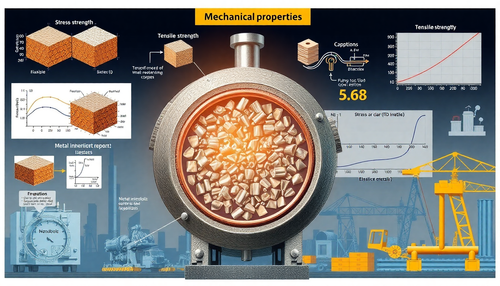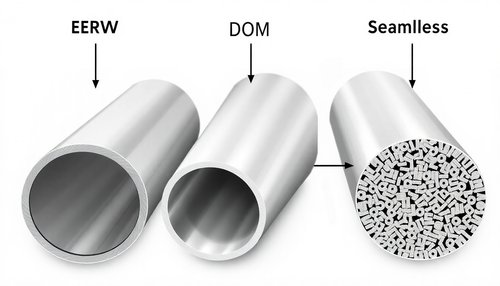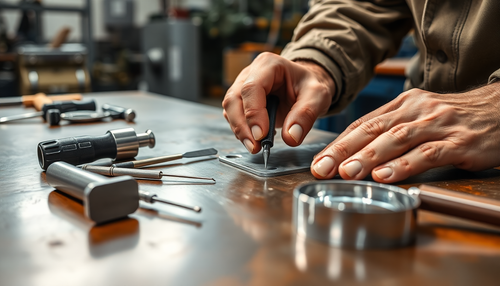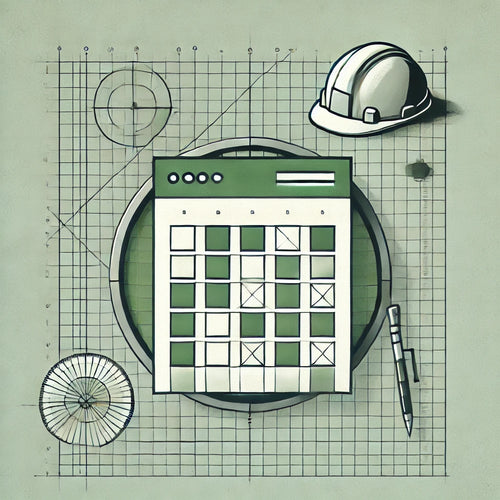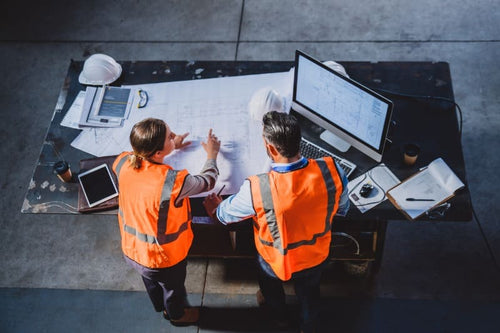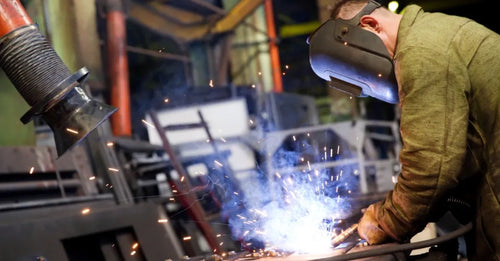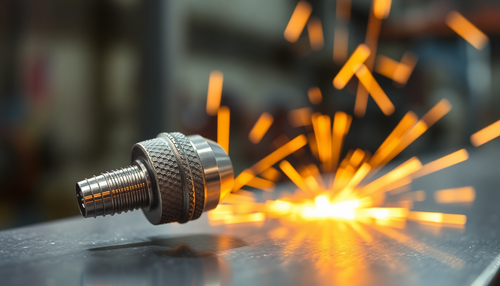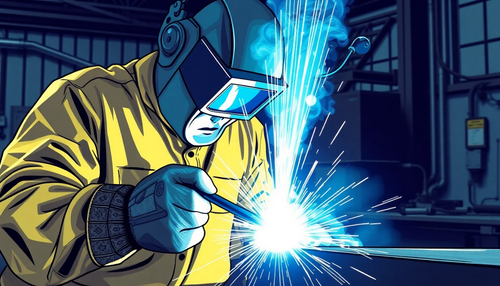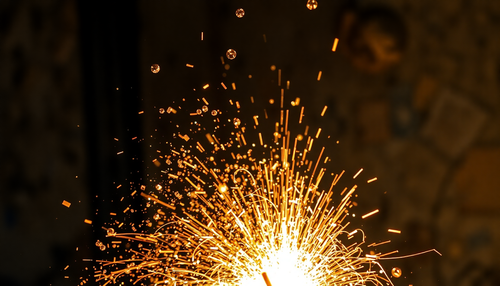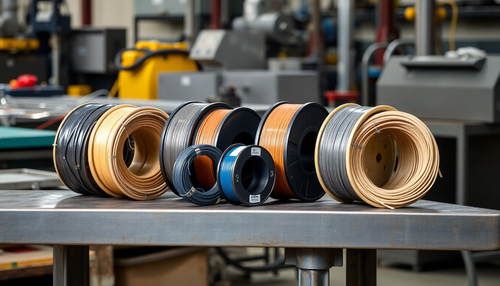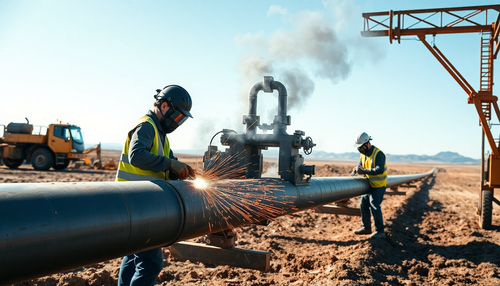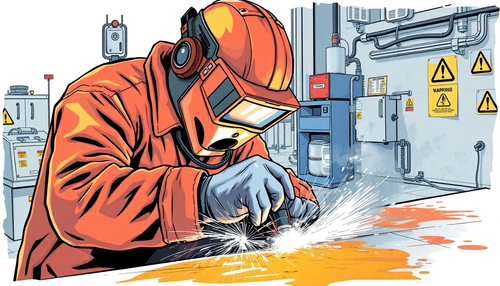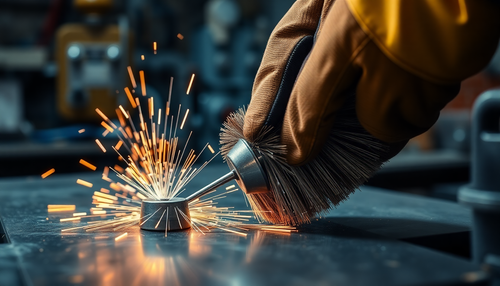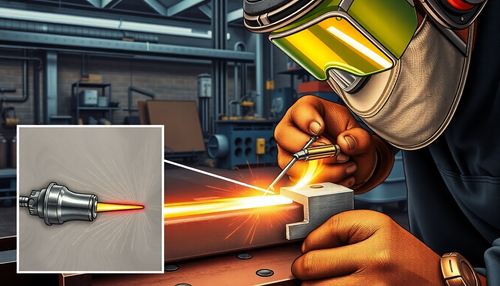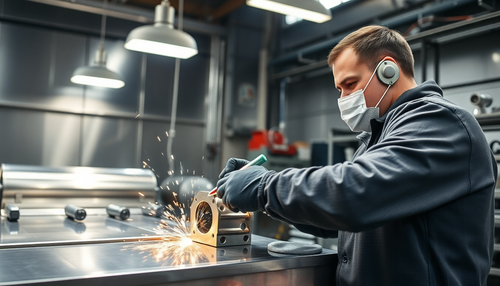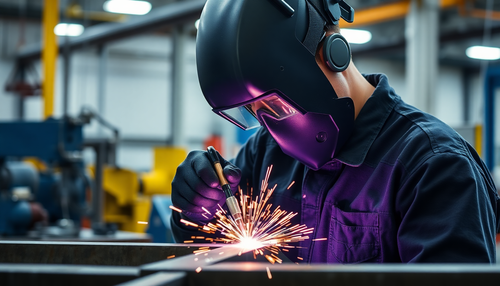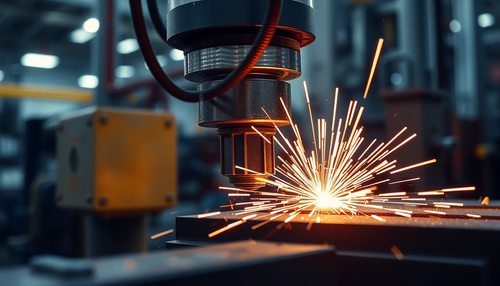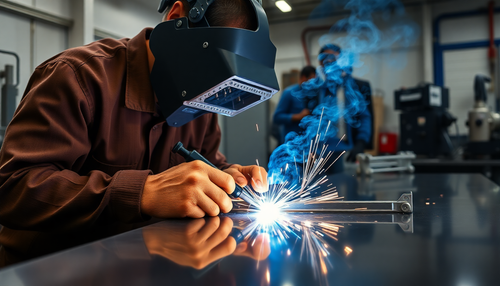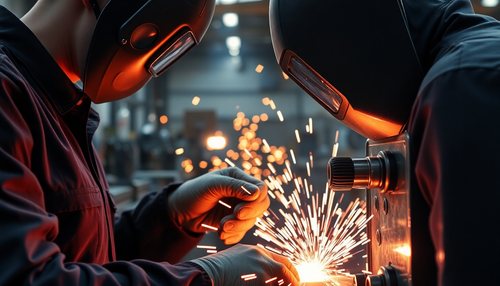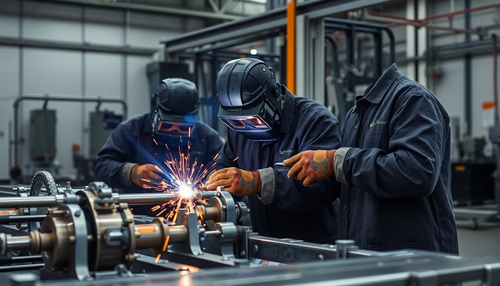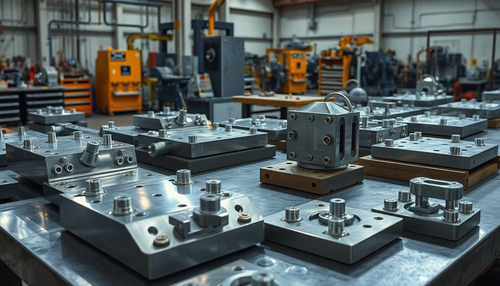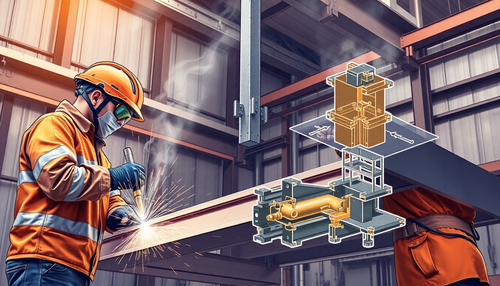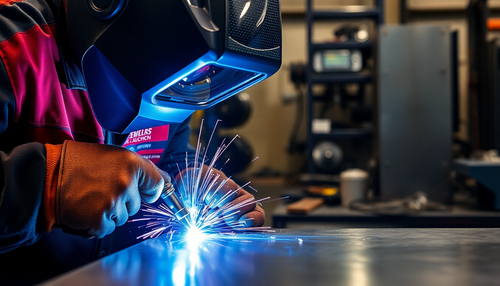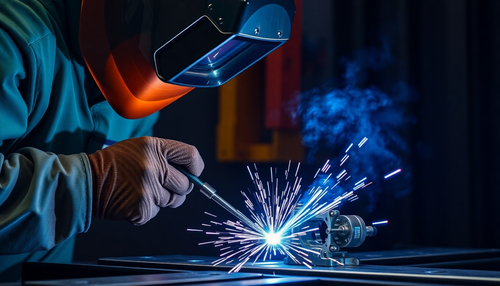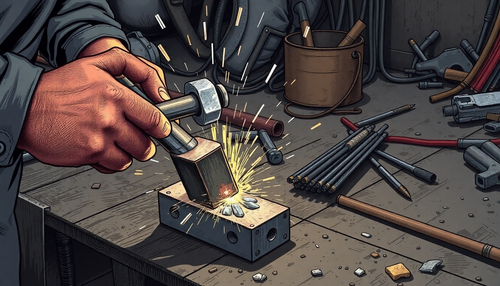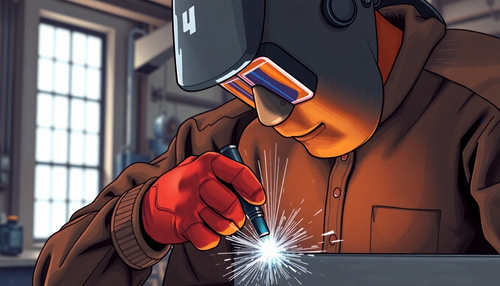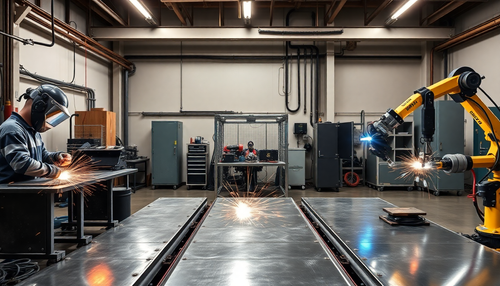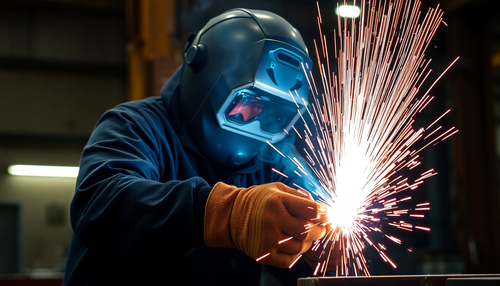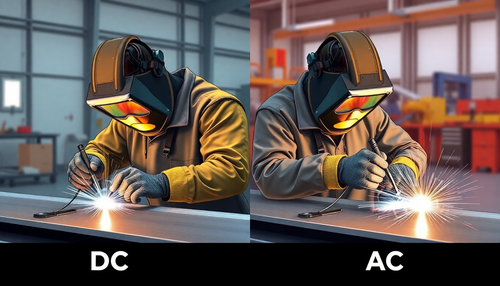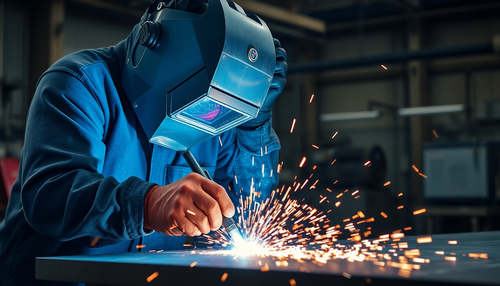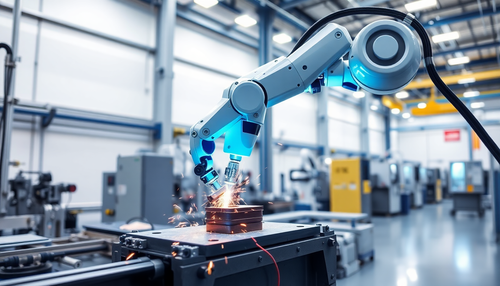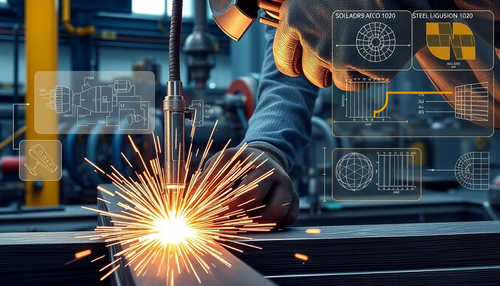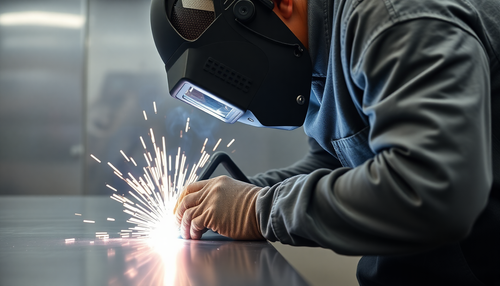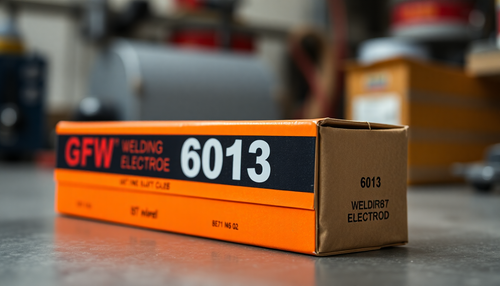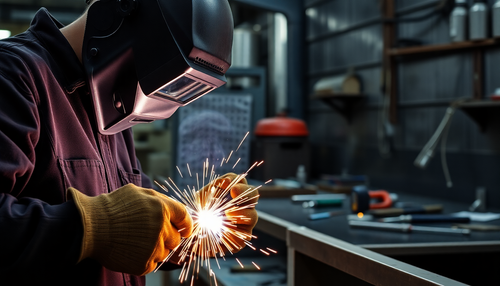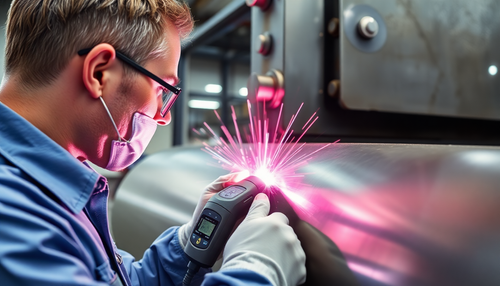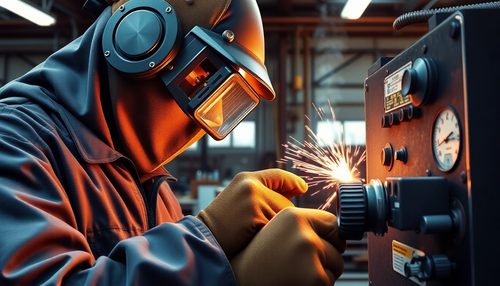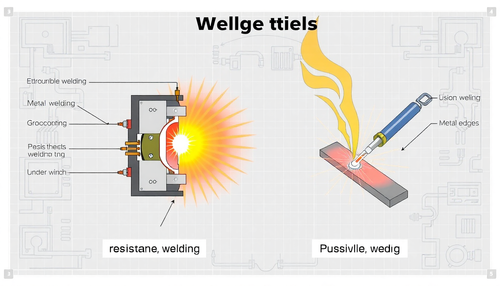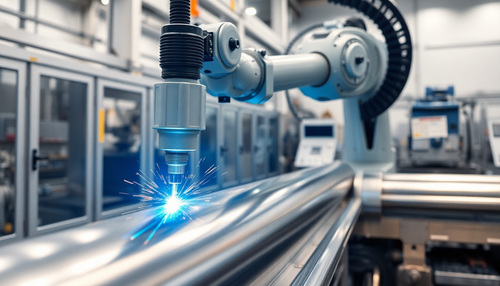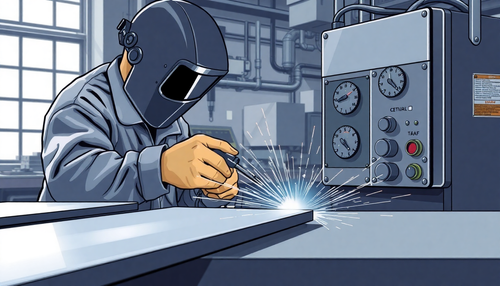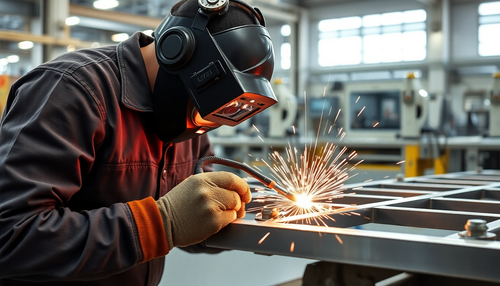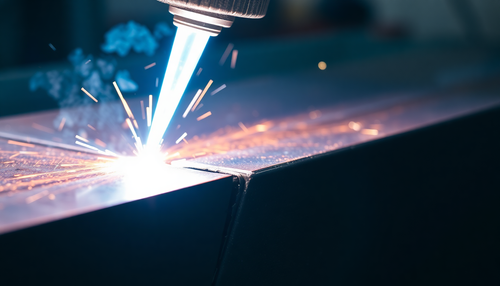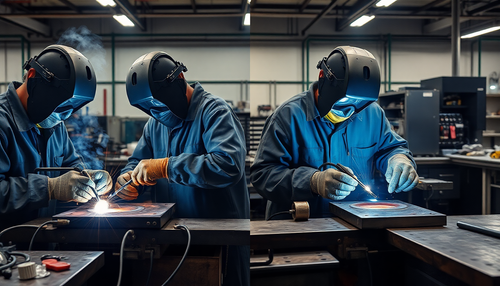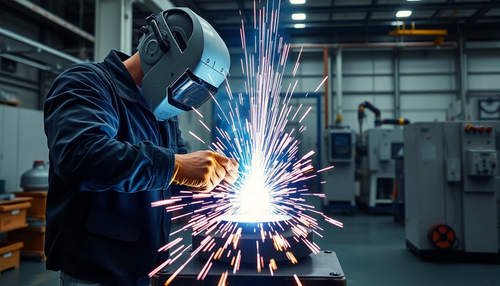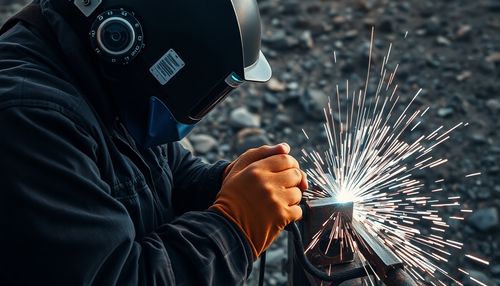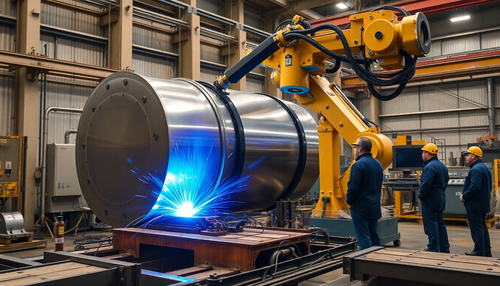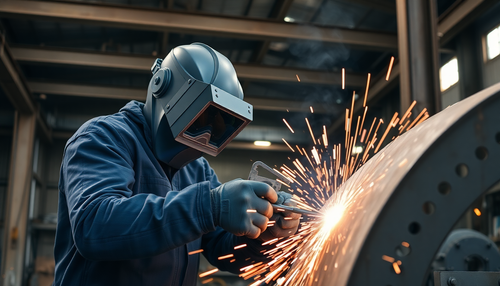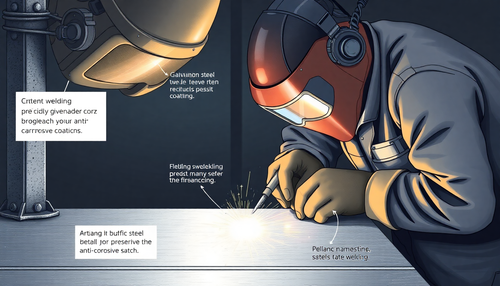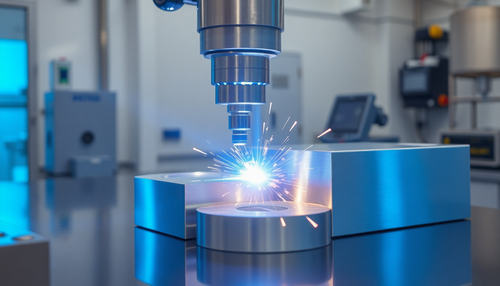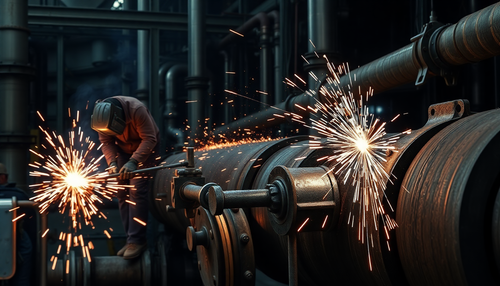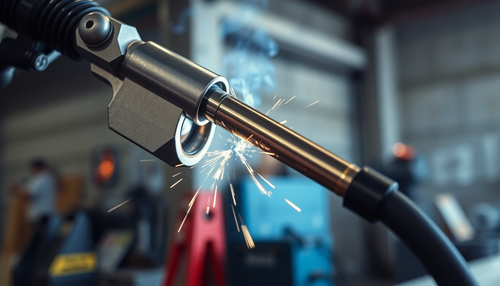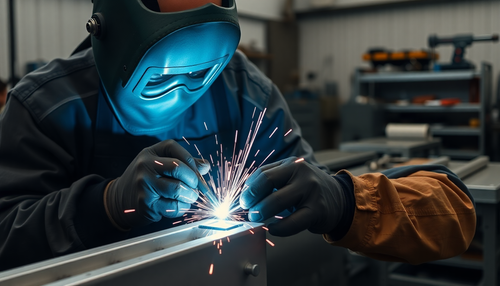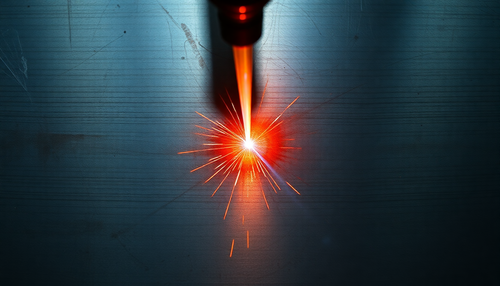I. The Fundamental Tasks of Equipment Management
The main objective of equipment management is to accurately implement the policies and directives of the Party and the State.
This is achieved by adhering to regulations and systems issued by the state, the various ministries and the parent company, and by managing production equipment through technical, economic and management measures.
The aim is to ensure comprehensive planning, rational allocation, optimal selection, correct use, meticulous maintenance, scientific review, timely renewal and equipment upgrades.

It ensures that equipment remains in good technical condition with the most economical life cycle cost, high energy efficiency and adaptability to production development needs.
Specific equipment management tasks are as follows:
I. Carry out comprehensive planning of the company's equipment; conduct research on equipment in use and needed, create a scientific and rational plan for purchasing, distributing, adjusting, repairing, renewing and updating equipment.
ii. Provide the best technical equipment (manufacture, purchase, rental, etc.) for the company based on technological advances and economic principles.
iii. Establish and implement advanced equipment management and maintenance systems to maintain equipment in optimal technical condition at low cost, improving equipment integrity and utilization rates.
4. Study and understand the technical laws of movement of equipment materials, such as wear and failure laws. Utilize advanced monitoring, testing, maintenance methods and measures to maintain equipment effectively and flexibly, ensuring that equipment accuracy and performance meet production process standards and requirements.
v. Based on the need for improving product quality, renewing old products, developing new products, safe production, energy conservation, environmental improvement, etc., carry out phased equipment renovations and upgrades. During major renovation, combine equipment maintenance with renovation, actively promote new technologies, materials and processes, and strive to improve the level of equipment modernization.
saw. Organize equipment management work in accordance with the objective requirements of economic laws and equipment management laws. Use administrative and economic means to reduce energy consumption costs and maintenance expenses and minimize the life cycle cost of equipment.
viii. Strengthen technical training and ideological and political education to cultivate a high-quality technical team. With the rapid development of chemical companies towards large-scale automation and mechatronics, and the increasing demands for equipment management, higher requirements are presented for equipment management and maintenance personnel.
viii. Carry out scientific research, synthesize experiences and exchange technologies in equipment management and maintenance. Organize technical forces to solve key problems in equipment management and maintenance, actively promote new effective technologies, materials, processes and experiences both at home and abroad.
ix. Improve spare parts manufacturing, provide information on spare parts procurement, storage and planning to supply departments. Promote the commercialization and socialization of equipment maintenance and parts supply.
x. Organize mass participation in management. To manage equipment well, mobilize all employees to participate, forming a situation where everyone, from the leadership to the masses, from the equipment management department to all relevant organizations, are managing together.
II. Main Objectives of Equipment Management
The main objective of equipment management is to utilize state-of-the-art, economically viable equipment and ensure its long-term efficient, safe and economical operation through effective measures. This ensures the company reaps the best economic benefits.
Equipment management is an integral part of corporate management. In any company, effective equipment management guarantees normal production order, high quality, high yield, low consumption, low cost, prevention of various accidents, improvement of labor productivity and safe production.
Strengthening equipment management benefits the company economically, for example, a faulty compressor in a 300,000 ton synthetic ammonia factory can lead to a complete shutdown of the system, causing substantial production losses.
In addition, strengthening equipment management can continuously innovate and upgrade old equipment, rationally manage equipment renewal, and accelerate industrial modernization.
In short, with the advancement of science and technology, the scale of companies is increasingly larger and more modern. The structure and technology of machines and equipment are becoming more complex, making equipment management more challenging.
III. Importance of equipment management
Equipment management is the material basis for ensuring the production and reproduction of the enterprise and also the basis for modern production. It means the level of national modernization and scientific and technological specialization.
It has significant importance in ensuring increased production, ensuring product quality, developing product types, renewing products and reducing costs.
(1) The position of equipment in companies
I. The equipment is an essential work tool for workers to create material wealth for the country. It is a valuable national asset and the material and technical basis for modern construction.
ii. Equipment is a company's main fixed asset, generally representing 60% to 70% of the total value of fixed assets. These are the company's materialized funds and the company's tangible assets.
iii. Equipment plays a decisive role in productivity and is one of the three elements of productivity.
4. Equipment is one of the five elements of safe production in the company, namely “people, machines, materials, laws and environment”.
“Person” refers to all personnel on company premises.
“Machine” refers to the facilities, equipment, tools and other auxiliary production tools used in the company. During production, the normal operation of equipment and the quality of tools are another element that affects the production progress and product quality.
“Material” refers to raw materials, semi-finished products; spare parts, finished products, etc.
“Law” refers to the rules, the various rules and regulations that company employees need to follow. Without rules, there can be no standards. Various rules and regulations are a strong guarantee for company personnel to strictly follow procedures, ensure production progress and product quality, and improve work efficiency.
“Environment” refers to the physical and cultural environment, both of which can also impact product quality.
(2) The role of equipment management in enterprise management
Equipment management forms the basis of business management. Each production step and process requires strict coordination. Production continuity depends mainly on the normal operation of the equipment.
If the equipment fails and stops, the process will be interrupted, bringing the entire production line to a standstill. Therefore, only by strengthening management, operating correctly and diligently maintaining equipment in good technical condition will we be able to guarantee the continuity and stability of production.
Consequently, equipment management is the basis of enterprise production management and one of the main management.
Equipment management guarantees the quality of products and services. Quality is the soul of a company, which must have sophisticated equipment and effective management; otherwise, quality problems will occur.
Based on the philosophy that “the next process is our customer”, the poor reliability of the equipment, leading to delays in the later stages of the process and making it difficult to achieve production plans, is equivalent to not achieving the quality of service expected by the customer.
Equipment management is the prerequisite for safe production. Poor management can lead to equipment accidents and personal injuries. Therefore, equipment management personnel must prioritize creating a safe and environmentally friendly production environment.
Equipment management is a crucial guarantee for reducing production costs and improving economic benefits. The costs of product raw material consumption, energy consumption, maintenance fees and more are all amortized into the product cost, all directly related to the equipment.
Equipment management affects the input of product costs and company production. Therefore, it is necessary to demand quality and take advantage of the equipment.
Equipment management is a crucial condition for the long-term development of a company. To survive and develop in the fierce market competition, companies need to continuously adopt new technologies, develop new products, rely on scientific and technological progress, improve equipment levels and ensure the long-term development of companies.
Any industrial management system and technical management system are designed to meet and adapt to the needs of scientific, technological and industrial development at the time.
With the dramatic expansion of enterprise production scale and the improvement of management modernization, the status of equipment management becomes more and more prominent and its role more and more significant.
In the modern management stage, due to the rapid development of science and technology, many production processes in enterprises are gradually replaced by machines and equipment, so that production begins to be influenced by equipment.
The role of equipment management in business management has become increasingly important.
(3) The role of equipment management in production and technological progress
The labor productivity of industrial enterprises is not only affected by the technical level of workers and the management level of equipment, but also depends on the perfection of equipment. The technical status of equipment has a direct impact on business production.
With the progress of science and technology, the degree of mechanization and automation of chemical production is increasingly greater, and the production devices are all continuous.
Equipment status integrity has an even more significant impact on the entire continuous production line. For example, in a certain oil refinery, the continuous production system is composed of a vacuum distillation unit, a catalytic cracking unit and a delayed coking unit.
If any piece of equipment fails, it could cause the production device or even the entire factory to stop production. For a fluid catalytic cracking oil refining unit with an annual output of 900,000 tons, each day of production stoppage will cause a direct economic loss of more than one million yuan.
In addition, chemical production equipment generally operates under high temperature, high pressure and high speed conditions and is often located in environments with flammable, explosive, toxic and corrosive media.
If equipment accidents occur, it will not only result in the loss of state property and economic benefits, but may also cause personal injury and environmental pollution.
Therefore, good equipment management is crucial for the safe production and economic operation of chemical companies.
Equipment management plays a role in promoting technological progress and industrial modernization. This is because, on the one hand, the process of scientific and technological progress is also the process of continuous improvement of the means of work.
New achievements in science and technology are often quickly applied to equipment. In a sense, equipment is the crystallization of science and technology.
On the other hand, the emergence of new ways of working further promotes the development of science and technology. The application of new processes and materials and the development of new products depend on equipment.
Therefore, improving the scientific nature of equipment management, strengthening the technical transformation and upgrading of equipment in use, and striving for technical progress of different degrees each time equipment is repaired and upgraded, is crucial to promoting technological progress and realizing industrial modernization.


